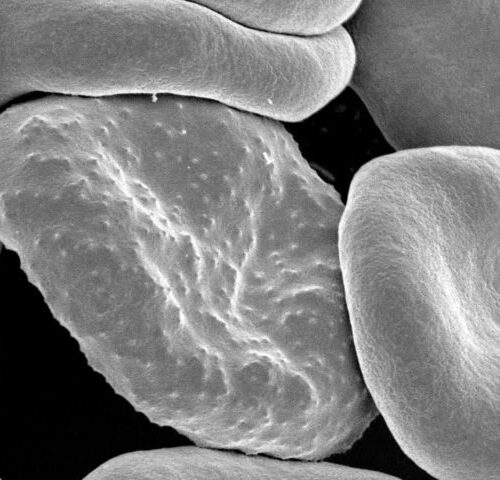To analyze the genome or the genetic characteristics of a living organism, scientists typically rely on samples of millions of cells. The problem is that the DNA in each of our cells is not identical. Until recently, the amount of DNA that could be extracted from a single cell couldn’t provide enough material for genetic...
Tag: <span>DNA Research</span>
Forget single genes: CRISPR now cuts and splices whole chromosomes
Imagine a word processor that allowed you to change letters or words but balked when you tried to cut or rearrange whole paragraphs. Biologists have faced such constraints for decades. They could add or disable genes in a cell or even—with the genome-editing technology CRISPR—make precise changes within genes. Those capabilities have led to recombinant DNA technology, genetically modified organisms, and...
DNA sequencing study suggests common genetic basis for epilepsy
by Abbey Bigler, Broad Institute of MIT and Harvard Epilepsy is one of the most widespread neurological disorders, but relatively little is known about the genes involved in the more common types. By examining all the genes of over 17,000 people, an international research group has found that more and less severe forms of epilepsy may...
Patient Consent No Longer Required In Further Blood, DNA Research
The U.S. Department of Health and Human Services, alongside 15 other federal agencies, issued Jan. 18 a final rule updating regulations to safeguard individuals participating in research. According to the final rule, consent forms are to include concise explanations at the beginning of the document, stating key information most relevant to people considering participating in...

